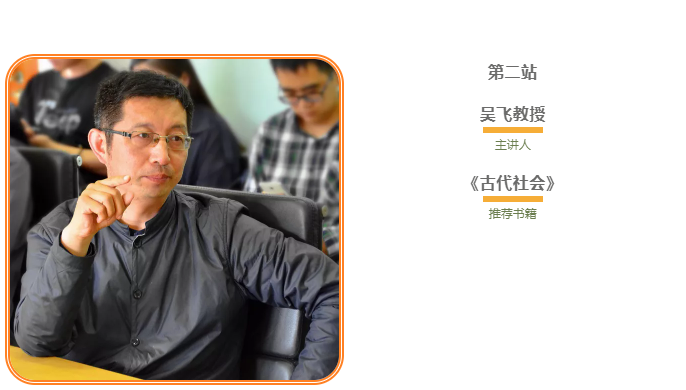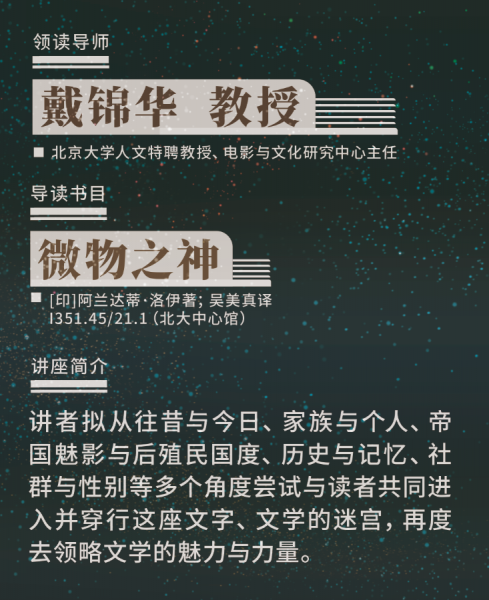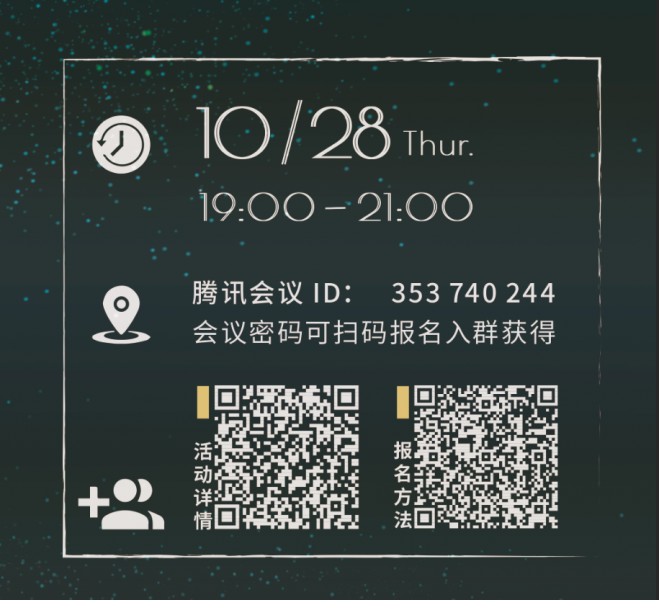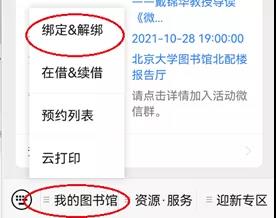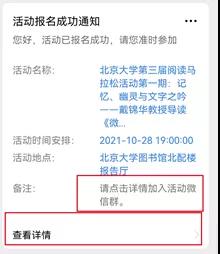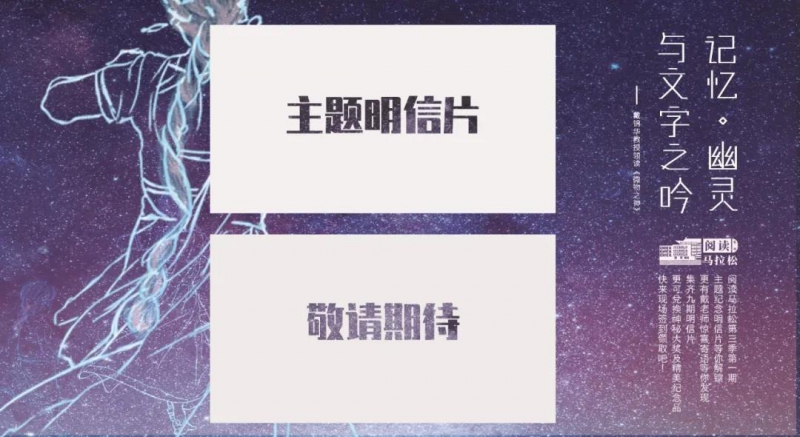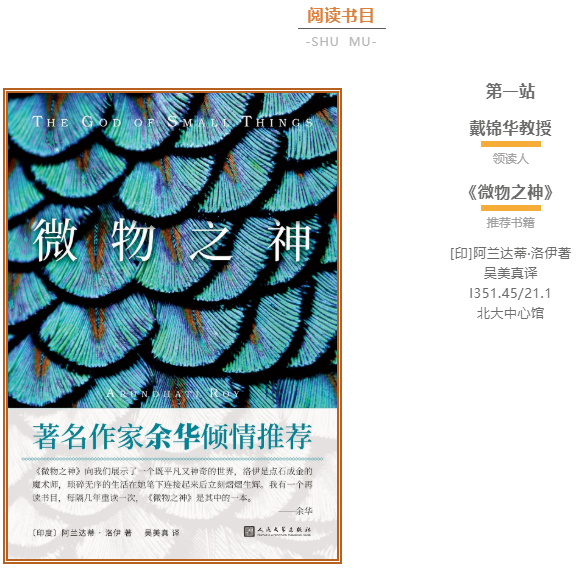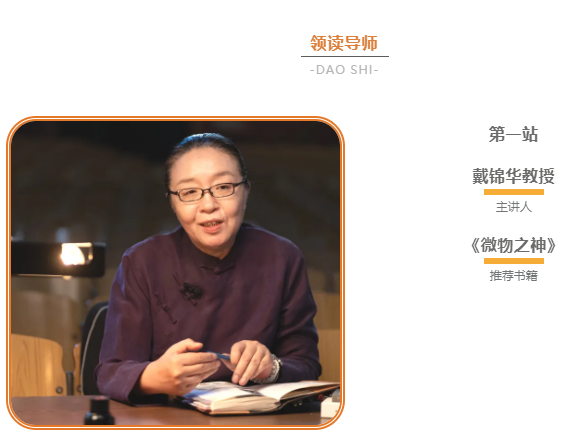1. Carrying out education of the history of the Communist Party of China (CPC) and holistic development of library services
Special activities for the learning of CPC history were organized. The library launched a shelf of books on CPC history, optimized the layout of the Dazhao Reading Room, and set up a CPC centenary exhibit to create a CPC history learning and education base in Peking University. With the campus community in mind, the library also enhanced administrative management and borrowing services, including waiving the borrowing deposit for faculty and staff.
Secretary of the PKU Party Committee Qiu Shuiping attending library meeting
The CPC history education committee
2. Developing the 14th Five-Year Plan and starting a new journey of library modernization
To strengthen overall planning and the strategic layout for the future, the preparation of development plans for the library and related services like CALIS and CASHL were intensified. Development seminars were held in the winter and summer respectively, tracing a path of high-quality development for the library and identifying important tasks and major innovative experimental projects for the future.
Group photo at the 2021 Winter Development Seminar
2021 Summer Development Seminar
3. The series of activities to celebrate the 40th anniversary of the establishment of the Steering Committee for Academic Libraries of China (SCAL) of the Ministry of Education achieved fruitful results
A symposium themed “Inheritance and Innovation: A New Journey of University Library Modernization” was held at Peking University on December 24, 2021. Relevant personnel from the SCAL and Chinese university libraries attended the conference both online and offline. The symposium summarized the valuable experiences of the SCAL, released its latest achievements, and discussed strategic choices regarding digital transformation and modernization in the next 30 years. Related awards and an exhibition were also held.
The symposium held in Peking University
The award ceremony for outstanding contributors to library modernization
4. Kicking off “Library Practices Construction” activities and the establishment of a professional librarian training system
2021 was established as the year of “Library Practices Construction”. Activities included the establishment of the “‘May 4th Movement’ Innovation Public Lecture”, the reinforcing of the new librarian recruit training, and the launching of the “Librarians visiting Libraries” scheme. Winners of the “Role Models Around You” award were also announced.
A memorial meeting was held to commemorate the 90th birthday of Mr. Zhuang Shoujing and to learn about his thoughts on the modernization of the library. The “Peking University Library Appointment Charter” and the “Peking University Librarianship Posts Promotion Measures” were created.
Wang Bo and Chen Jianlong presenting trophies and certificates to the three “Role Models Around You” winners
“May 4th Movement” Innovation Public Lecture
5. The comprehensive expansion of exhibition and display services, and the building of an integrated media communications system
The newly established communications system contributed 30 articles to the PKU News Network, and co-released 5 articles with Peking University’s official Weibo account throughout the year. Furthermore, by refining the library’s permanent exhibits like that of Li Dazhao and the Communist Party of China, and holding several exhibitions such as the “A Hundred Years Ago—PKU Academic Exhibition Series” and “John Leighton Stuart Taikang Donation Exhibition”, the library launched a series of activities with a fitting bookish charm in celebration of the Spring Festival.
Curator Chen Jianlong interviewing President Hao Ping
A Hundred Years Ago—PKU Academic Exhibition Series
6. Significant progress in service innovation and user participation management
The "Peking University Library Innovation Cases" was launched to demonstrate and lead innovation activities. Training facilities, an in-class librarian scheme for freshmen, a knowledge management platform, and a normalized student volunteer service operation system were opened up. A library visual design studio was established to guide student club activities. The library also extended discipline-specific information customization services to various departments and faculties.
A librarian introducing the new book exhibition hall to freshmen under the in-class scheme
Librarian training room
7. Important progress in the digitization of library documents and value-added services for data resources
An online digital processing and management system for library collections has been developed, and 29,000 volumes of documents have been scanned and processed throughout the year, with a total of 7.91 million pages and 1.619 TB of data. The “Library Operation Data Monthly Report” was launched to provide personalized data services. The 2020 edition of “Overview of Chinese Core Journals” was published, and preliminary research for the 2023 edition has begun.
Staff working on digital processing
Reports on core journals and library operation data
8. Dig deep into revolutionary literature and inherit revolutionary culture
Through organizing large-scale excavation, the Dazhao Reading Room has collected more than ten thousand volumes of revolutionary literature. Besides literature excavation, the library carried out the digitization of important documents, identified articles published by teachers and students of Peking University in newspapers and journals from 1915 to 1921, and sorted out the German catalog of the “Peking University Library Western Language Register” (1919-1920). Relevant activities and exchanges were also carried out.
Selecting old books
An exchange held in the library
9. Completion of the compilation and publication of the “Peking University Library Okura Collection”
The sorting of the “Peking University Library Okura Collection” was completed and published after years of hard work. The collection is divided into six series, comprising total of 228 volumes and 131 documents including movable type prints and Joseon wood-block prints.
Peking University Library Okura Collection
10. A major breakthrough was achieved in recipient work
The 248 documents of John Leighton Stuart donated by Taikang Life Insurance, together with the documents donated by Mrs. Fu Hailan before, established Peking University Library's distinctive position in John Leighton Stuart studies. In 2021, the library also accepted the donations of Mr. Hou Renzhi's collection of books, Mr. Deng Guangming's collection of books, and large sets historical literature. The “Peking University Library 1987 Alumni Donation Project” was also established with the aim of constructing a new book exhibition and reading hall, as well as resource collection and services.
Opening Ceremony of the John Leighton Stuart Taikang Donation Exhibition
1987 Alumni Donation Commemorative Card
Written by: Chaeyu Kim, Lean Zhi Xuan, Li Wanqi, See Tianai
Edited by: Li Wanqi




